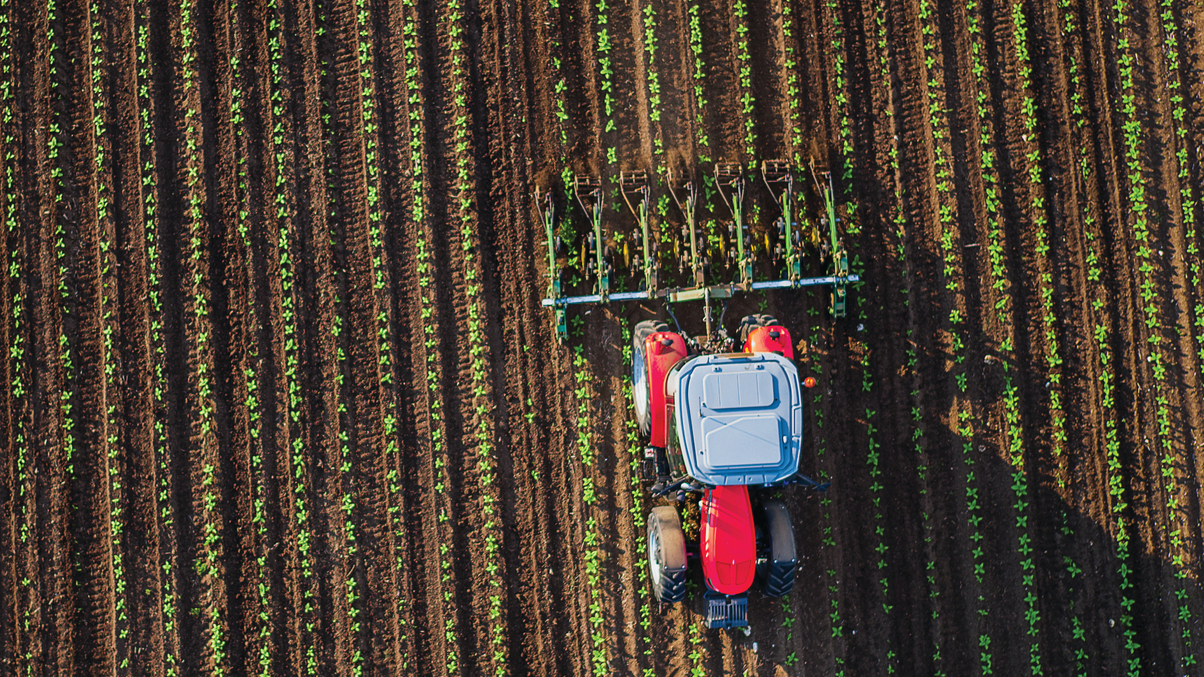Japan’s PFJC corporate pension invests in Australian farmland
After previously looking in vain at agricultural land as an asset class, the sector has now matured to become more attractive to institutional investors, the pension fund’s CIO tells AsianInvestor.

Sign in to read on!
Registered users get 2 free articles in 30 days.
Subscribers have full unlimited access to AsianInvestor
Not signed up? New users get 2 free articles per month, plus a 7-day unlimited free trial.
¬ Haymarket Media Limited. All rights reserved.


